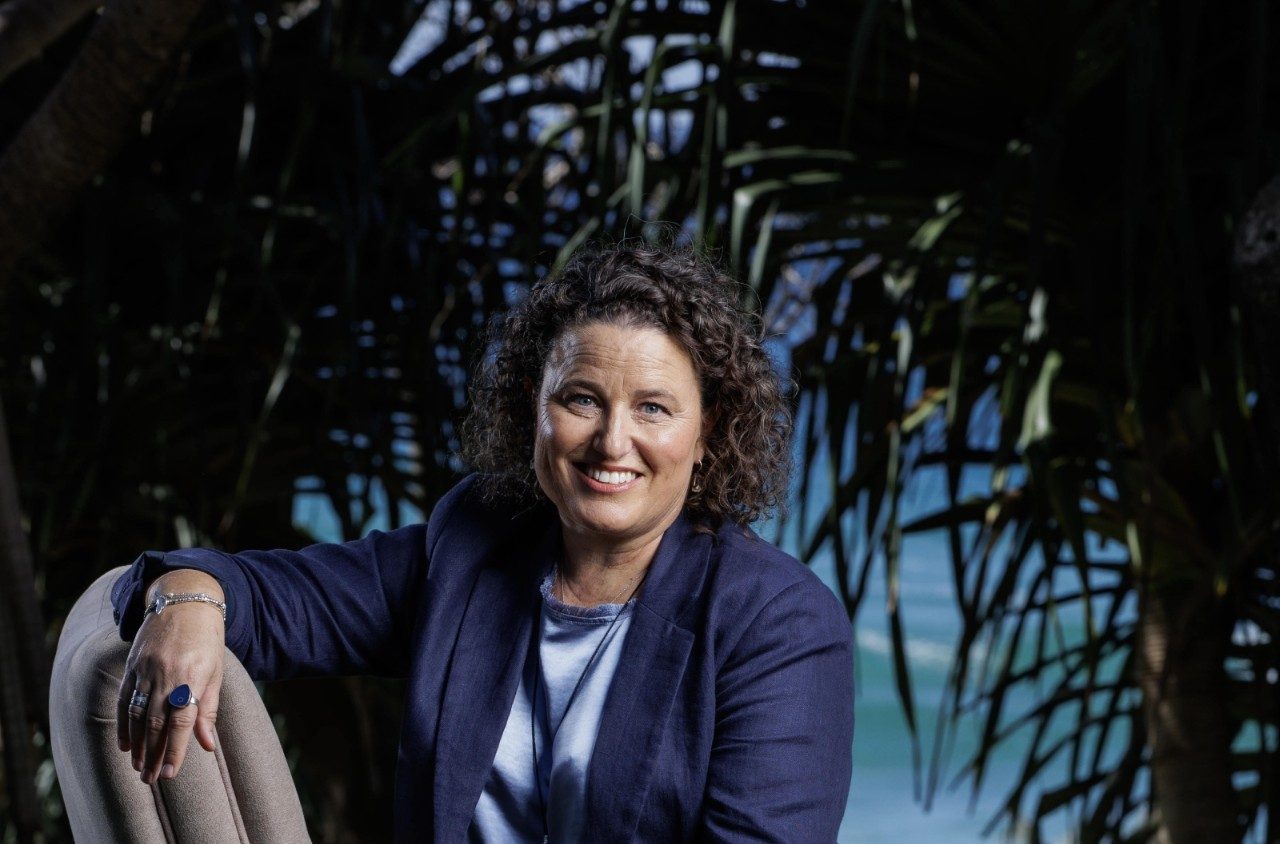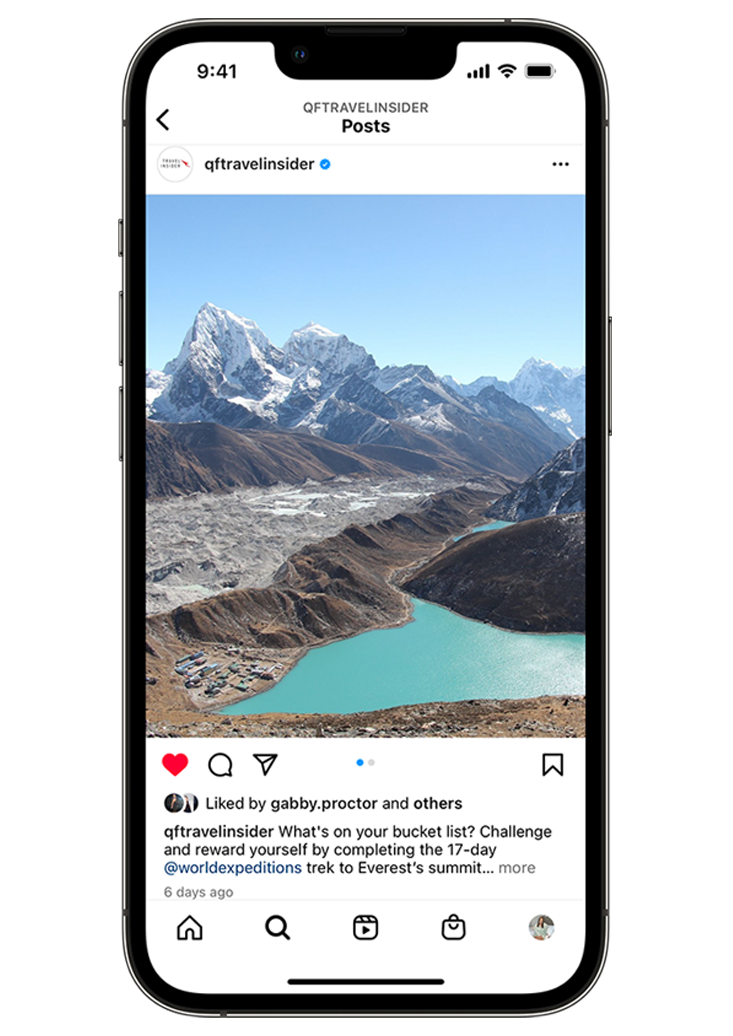Dr Kirstin Ferguson: What I Wish People Knew About Blind Spots in Business

In her new book, Blindspotting, Dr Kirstin Ferguson explains why the best leaders don’t always have the answers.
Blind spots are hidden gaps in our thinking. They’re the biases or the baggage of past experiences, good and bad, that we bring to decision-making and they can have profound consequences for us as individuals and for our businesses. In today’s ambiguous and fast-moving world, we need to recognise the blind spots that could be influencing the choices we make.
The first step is to acknowledge that you and your business have blind spots. There’s no getting around that. From there, you need to engage in what I call blindspotting – the practice of recognising then addressing our intellectual blind spots. It’s being aware of the limitations in our knowledge and actively seeking out different perspectives and ideas that will challenge our assumptions.
We can all be caught unawares by blind spots. There’s the curse of expertise, which is a thinking track that can lead even the smartest and most experienced leaders to overestimate how much they know. Research shows that while experts are good at knowing when they’re right, they fail to show appropriate levels of awareness about when they might be wrong.
None of us like to admit what we don’t know. But none of us know everything. We all recognise that feeling of being asked something in a meeting and thinking, “I have no idea.” We often feel the need to pretend we know in order to remain credible. But the reality is that we can tell when someone doesn’t know something and they’re making it up on the spot. So even though we’re fearful of saying, “I don’t know”, we build more trust and credibility by being able to say these four words, “I don’t know – yet.”
The challenges we face as leaders have to be solved through collaboration, creativity and an openness to learning. Traditional approaches based on hierarchy or controlling the flow of information are no longer sufficient. That said, leaders also have to be able to read the room – saying “I don’t know” during a crisis, or if you’re a surgeon or a barrister in front of a judge, is not going to work at that moment. But most of the time we’re better served by being able to acknowledge our limits.
There are three mindsets needed to engage in blindspotting. They’re based on the ideas of intellectual honesty, intellectual curiosity and cognitive flexibility. In simpler terms: to be honest and admit what we don’t know; to be curious, explore new ideas and ask questions to gain insight; and to be flexible and adapt our thinking when new information becomes available. The power of blindspotting is using all three together.

Start planning now
SEE ALSO: Rory Warnock: What I Wish People Knew About Sustained Performance
Image credit: Lachlan Millard


